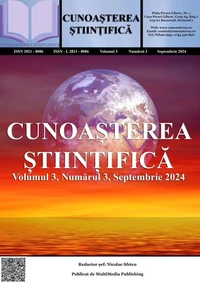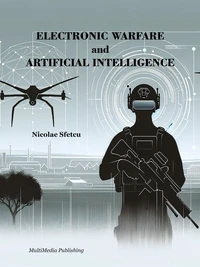Christmas Holidays
Par :Formats :
Disponible dans votre compte client Decitre ou Furet du Nord dès validation de votre commande. Le format ePub est :
- Compatible avec une lecture sur My Vivlio (smartphone, tablette, ordinateur)
- Compatible avec une lecture sur liseuses Vivlio
- Pour les liseuses autres que Vivlio, vous devez utiliser le logiciel Adobe Digital Edition. Non compatible avec la lecture sur les liseuses Kindle, Remarkable et Sony
 , qui est-ce ?
, qui est-ce ?Notre partenaire de plateforme de lecture numérique où vous retrouverez l'ensemble de vos ebooks gratuitement
Pour en savoir plus sur nos ebooks, consultez notre aide en ligne ici
- FormatePub
- ISBN978-1-370-61427-1
- EAN9781370614271
- Date de parution30/11/2016
- Protection num.pas de protection
- Infos supplémentairesepub
- ÉditeurEditeurs divers USA
Résumé
Second to Easter, Christmas is the most important feast of the Christian liturgical calendar. That is why Christmas is a public holiday in most countries of Christian tradition. This holiday allows family reunion around a festive meal, shared worship (masses and religious services), and the exchange of gifts. Christmas is celebrated during the night of December 24 to 25 and December 25 all day. As a Christian festival, it commemorates every year the birth of Jesus of Nazareth.
Originally, it was at that date that pagan festivities marked the winter solstice, symbol of the rebirth of the sun. The Christian festival was positioned on the same date in order to replace these parties and, symbolically, to associate the birth of Christ to the notion of increasing light. The period around Christmas is called "holiday season" and it includes the celebration of the New Year. Since the mid-twentieth century, this holidays is losing its religious aspect while keeping alive the tradition of the festival.
In this spirit, Christmas has a folk connotation, preserving the grouping of family units around a meal and exchange gifts around the traditional tree.
Originally, it was at that date that pagan festivities marked the winter solstice, symbol of the rebirth of the sun. The Christian festival was positioned on the same date in order to replace these parties and, symbolically, to associate the birth of Christ to the notion of increasing light. The period around Christmas is called "holiday season" and it includes the celebration of the New Year. Since the mid-twentieth century, this holidays is losing its religious aspect while keeping alive the tradition of the festival.
In this spirit, Christmas has a folk connotation, preserving the grouping of family units around a meal and exchange gifts around the traditional tree.
Second to Easter, Christmas is the most important feast of the Christian liturgical calendar. That is why Christmas is a public holiday in most countries of Christian tradition. This holiday allows family reunion around a festive meal, shared worship (masses and religious services), and the exchange of gifts. Christmas is celebrated during the night of December 24 to 25 and December 25 all day. As a Christian festival, it commemorates every year the birth of Jesus of Nazareth.
Originally, it was at that date that pagan festivities marked the winter solstice, symbol of the rebirth of the sun. The Christian festival was positioned on the same date in order to replace these parties and, symbolically, to associate the birth of Christ to the notion of increasing light. The period around Christmas is called "holiday season" and it includes the celebration of the New Year. Since the mid-twentieth century, this holidays is losing its religious aspect while keeping alive the tradition of the festival.
In this spirit, Christmas has a folk connotation, preserving the grouping of family units around a meal and exchange gifts around the traditional tree.
Originally, it was at that date that pagan festivities marked the winter solstice, symbol of the rebirth of the sun. The Christian festival was positioned on the same date in order to replace these parties and, symbolically, to associate the birth of Christ to the notion of increasing light. The period around Christmas is called "holiday season" and it includes the celebration of the New Year. Since the mid-twentieth century, this holidays is losing its religious aspect while keeping alive the tradition of the festival.
In this spirit, Christmas has a folk connotation, preserving the grouping of family units around a meal and exchange gifts around the traditional tree.























